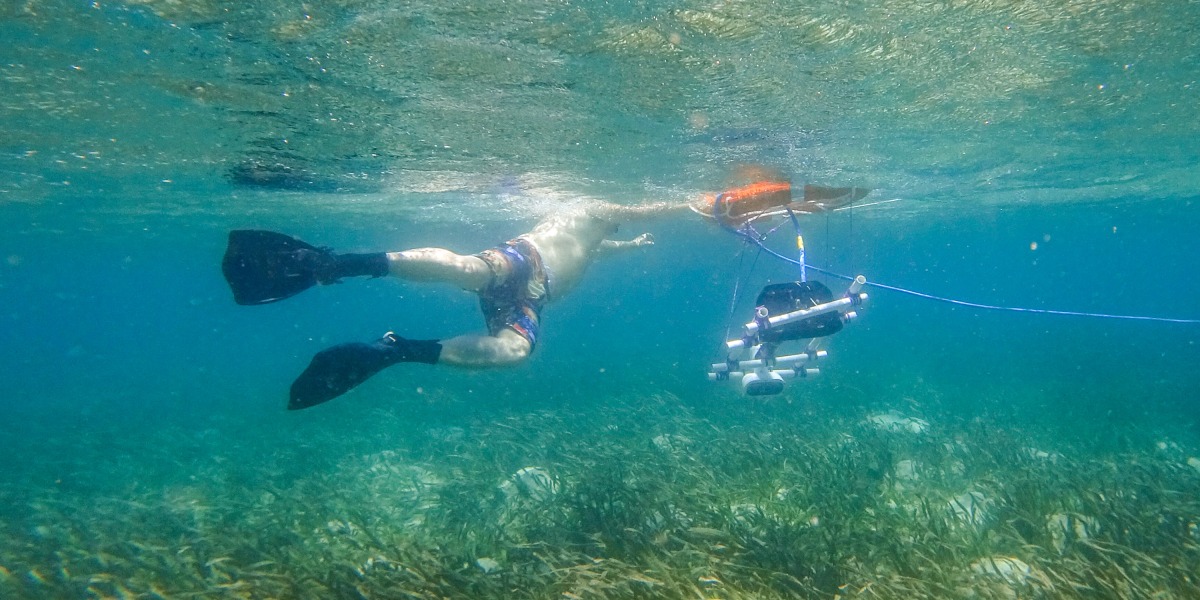
For years, Tidal, a project within Alphabet’s “moonshot factory” X division, has been using cameras, computer vision and machine learning to get a better understanding of life beneath the oceans, including monitoring fish off the coast of Norway.
Now, MIT Technology Review can report, Tidal hopes its system can help preserve and restore the world’s seagrass beds, accelerating efforts to harness the oceans to suck up and store away far more carbon dioxide.
The project’s ambitious mission is to improve our understanding of underwater ecosystems in order to inform and incentivize efforts to protect the oceans amid mounting threats. It could also provide crucial answers to the many questions hanging over seagrass’ role in both sucking up carbon and regulating the climate. Read the full story.
—James Temple
China is copying Russia’s election interference playbook
China is increasingly interfering in US politics by getting its agents to create social media accounts posing as American citizens, according to research co-led by Renée DiResta, the technical research manager at the Stanford Internet Observatory, who has studied foreign influence on social media for years.
DiResta published a report setting out the scale of the problem just a few days ago, in which she and her colleagues recently analyzed three China-based networks of accounts that pretended to be ordinary Americans on the right or left of the political spectrum.
The phony accounts’ strategy for stoking the political conflicts in an already polarized America closely resembled the activity of the fake Russian accounts that thrived before the 2016 elections—but were less effective than their Russian counterparts. Read the full story.
This story is from China Report, our weekly newsletter giving you the inside track on all things happening in China. Sign up to receive it in your inbox every Tuesday.
